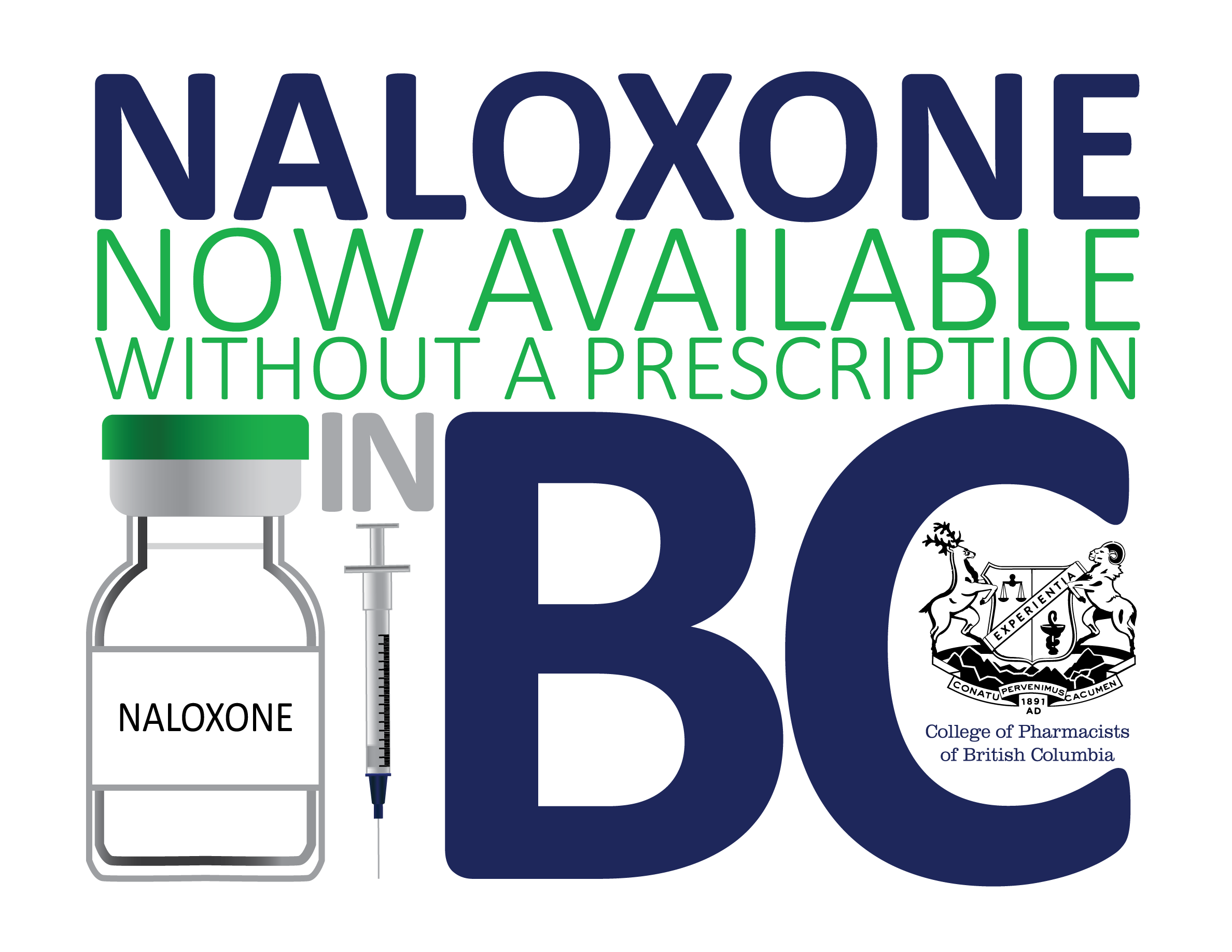Board Highlights - April 14 & 15, 2016
PHARMACY SECURITY DRAFT BYLAWS
The Board approved draft bylaws on pharmacy security. The draft bylaws set out security requirements for community pharmacies. In accordance with the legislative framework, the draft bylaws will be posted on the College website for 90 days for public comment shortly.
Read all draft bylaws for comment here: http://www.bcpharmacists.org/bylaws-comment
draft bylaws approved for 90 day public posting period. Will be available on website soon https://t.co/xtSsDgIkDb pic.twitter.com/PeZRPCBWLB
— BC Pharmacists (@BCPharmacists) April 14, 2016
GENOMICS INITIATIVE UPDATE
Dr. Corey Nislow, Associate Professor, Director, UBC Sequencing Centre and Tier 1 Canada Research Chair in Translational Genomics, presented an update on the genomics initiative.
From April 2015, his team collected 200 DNA samples from 31 different pharmacies across BC. 34 participating pharmacists were trained to collect the samples. The project demonstrates how the community pharmacy network could be a living lab that benefits researchers, pharmacists and patients alike.
31 different pharmacies and 34 pharmacists have been trained to collect 200 samples through the Genomics Initiative! pic.twitter.com/kW3X8nF9m2
— BC Pharmacists (@BCPharmacists) April 14, 2016
UPDATE FROM MINISTRY OF HEALTH
Eric Lun, Executive Director, Drug Intelligence and Optimization, and Barb Walman, Assistant Deputy Minister, presented an update from the Ministry of Health on the Reference Drug Program and the Methadone Maintenance Program. Changes to the Reference Drug Program will begin in June 2016 and there will be a 6-month transition period until full changes take effect in December 2016. Updates on the Methadone Maintenance Program include work on prioritizing policy changes.
BOARD APPROVES INTERIM GUIDANCE DOCUMENT ON MEDICAL ASSISTANCE IN DYING
The Board approved the College’s Interim Guidance Document on Medical Assistance in Dying (MAID), also known as physician-assisted death. In addition to the College presenting the document, Heidi Oetter, Registrar of the College of Physicians and Surgeons of BC, presented its Interim Guidance Document with lawyer Debbie Lovett.
The College’s Interim Guidance Document provides registrants with pharmacy-specific guidance until June 6, 2016, which is the deadline for federal government to pass legislation that will decriminalize MAID. The College will then update its guidance to reflect the new federal legislation along with any frameworks indicated by the provincial government.
Read more about MAID here: http://www.bcpharmacists.org/medical-assistance-dying
BOARD PRESENTATION ON SAFE DISPOSAL OF FENTANYL PATCHES
Bruce Kennedy presented current issues related to fentanyl, specifically the inconsistent application of safe disposal techniques and its impact on public safety. Fentanyl patches have been reformulated and residual content on used patches now ranges between 57-59%. The College will be updating its information and resources to promote awareness of the safe and legitimate use of fentanyl given the growing concern of opioid misuse in Canada.
DRUGSAFEBC UPDATE
The College presented an update on the impact of DrugSafeBC. March 2016 marked six months since the initiative launched in community pharmacies in September 2015. Since that date, there have only been 4 recorded pharmacy robberies in British Columbia, a drastic reduction from the 40+ recorded robberies that occurred between January 1 - September 14, 2015.
Board Chair Blake Reynolds also presented Vancouver Police Department Chief Constable Adam Palmer and Staff Sergeant Stephen Thacker with awards of appreciation for their dedicated commitment and continued support of DrugSafeBC.
#CPBCBoard Chair with @ChiefPalmer and Sgt. Thacker @VancouverPD! #DrugSafeBC pic.twitter.com/PvElmanAdW
— BC Pharmacists (@BCPharmacists) April 15, 2016
The following informational agenda items were not presented at the Board meeting but were discussed as part of the Consent Agenda:
125 ANNIVERSARY
The College updated the Board on its plans for the 125 Anniversary celebration in September 2016. Plans include a pharmacy conference including a cocktail welcome reception, keynote speaker, many CE sessions and a gala dinner. Invitations will be sent soon – stay tuned for details!
A special 125 Anniversary logo has also been developed to mark the year – keep an eye out for commemorative promotional items.
 |
| College's 125 year anniversary logo |
NALOXONE
At the February 2016 Board meeting, the Board approved a recommendation to move naloxone to the Schedule II drug list to reflect changes to Health Canada’s Drug Prescription List. The purpose of making naloxone a Schedule II drug is to increase access to the lifesaving drug, but still ensure that appropriate pharmacist training and thorough patient counselling occurs. In April 2016, the College, in collaboration with the Ministry of Health and the BC Centre for Disease Control, hosted 5 in-person naloxone educational sessions across BC, and 1 online session. 565 pharmacy professionals attended the in-person sessions, and 470 participated via the online session.
Naloxone resources are available here: http://www.bcpharmacists.org/naloxone
 |
| Naloxone now available in BC without a prescription |
 Share
Share


